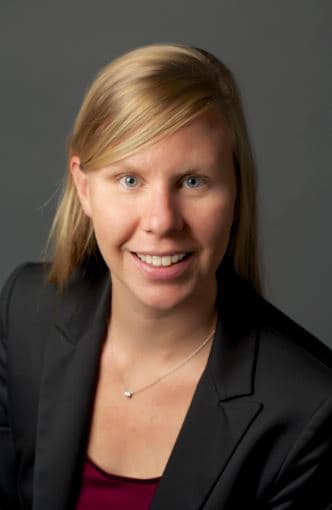Kate Dodson, Vice President for Global Health at the UN Foundation, discusses WHO’s Strategic Preparedness Response Plan.

Global Finance: What is the status of the fund and its current plans for putting these funds at use?
Kate Dodson: Donors from more than 190 countries generously gave to Covid-19 relief efforts through the Covid-19 Solidarity Response Fund for the World Health Organization [WHO]. To date, more than 651,000 individuals, corporations and philanthropies committed over $238 million. Donations support the World Health Organization’s work, including with its partners, to track and understand the spread of the virus, to ensure patients get the care they need and front-line workers get essential supplies and information, and to accelerate research and development of a vaccine and treatments for all who need them.
To date, the fund has already disbursed more than $220 million of the money raised. Funds are allocated at the discretion of the WHO in alignment with the SPRP [Strategic Preparedness and Response Plan] and based on beneficiary partner needs.
The fund also supports the work of WFP [World Food Programme], UNHCR [United Nations High Commissioner for Refugees], UNICEF and UNRWA [United Nations Relief and Works Agency] to work in many vulnerable countries and settings—including in Bangladesh, Syria, Lebanon, Jordan, Gaza, Kenya and South Sudan—to support at-risk refugees or displaced populations in the fight against Covid-19.
GF: How do you work with governments and the private sector in individual countries? Do you get invited to intervene, do you reach out, or is it a mix?
Dodson: The fund does not deal with government donors—those contributions go directly to WHO and partner UN agencies through what’s known as member state contributions. For the private sector, the UN Foundation, as well as our fiduciary partners at the Swiss Philanthropy Foundation, Japan Center for International Exchange and the China Population Welfare Fund, were mostly approached organically by private sector donors. A handful of these donors were reached out to based on a history of philanthropic giving.
GF: In November we received news that Covid-19 vaccines from Moderna and Pfizer appear to be very effective. Do you think this will affect or change any plans?
Dodson: The recent vaccine-efficacy news we saw in the Moderna, Pfizer and Oxford clinical trials is very encouraging. But it’s important we don’t give up our research efforts even though we are seeing positive signs from late-stage clinical trials. We know that we will need global access to Covid-19 vaccines if we want to get the virus under control to reopen economies and resume activities that have been paused because of the virus. We also know that the vaccines that have been shown successful to date in trials require deep-cold storage or cold chains, which may leave many people in low- and middle-income countries without access. Additionally, we also know that a vaccine may only be effective in a certain population, so we must continue research efforts for both vaccines and treatments to ensure we have tools that can reach everyone, everywhere.
GF: What can go wrong? What keeps you up at night?
Dodson: The biggest thing that keeps me up at night is worrying that we will lose sight of equitable distribution once Covid-19 tools become available. That’s why advance support for, and investments in, the ACT Accelerator are so critically important. Covid-19 showed us that none of us are safe until all of us are safe. We have the responsibility to get the distribution of Covid-19 tools right, prioritizing at-risk and vulnerable populations first, and not leaving low- and middle-income country populations behind. We have a huge opportunity to also strengthen health systems in the process, by working toward stronger investments in Universal Health Coverage, the health workforce, pandemic preparedness and essential health services. We risk losing 20 years of progress if we don’t stop the backsliding of progress we are seeing on things like vaccination coverage or hunger, keeping equity at the heart of our efforts moving forward and safeguarding against whatever global health threat may lay around the corner.



